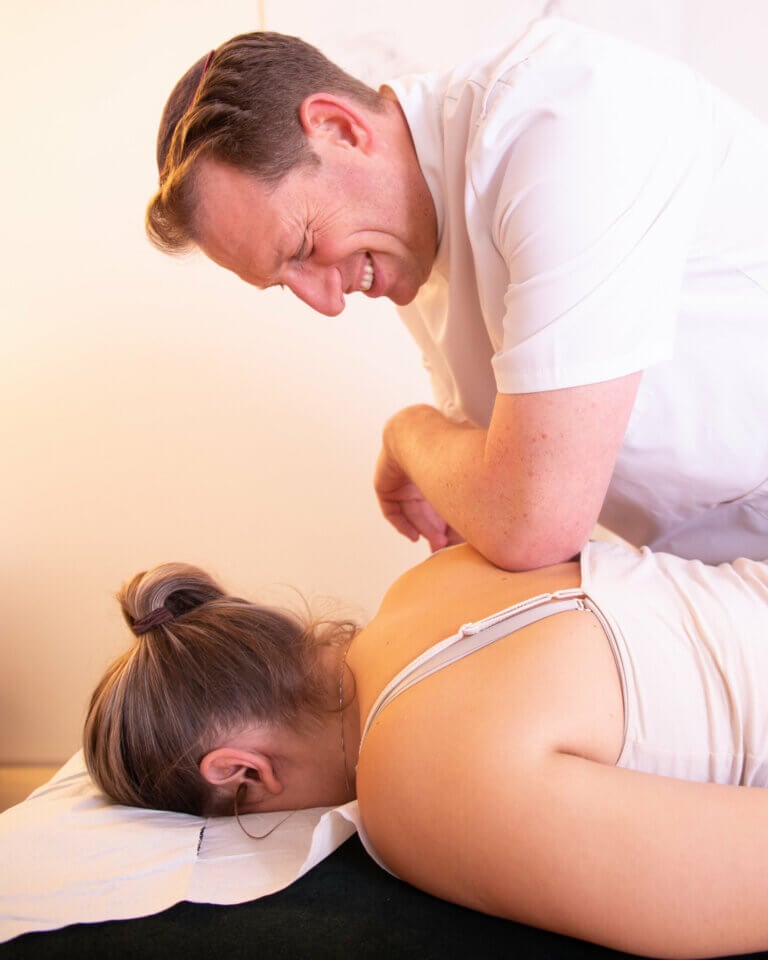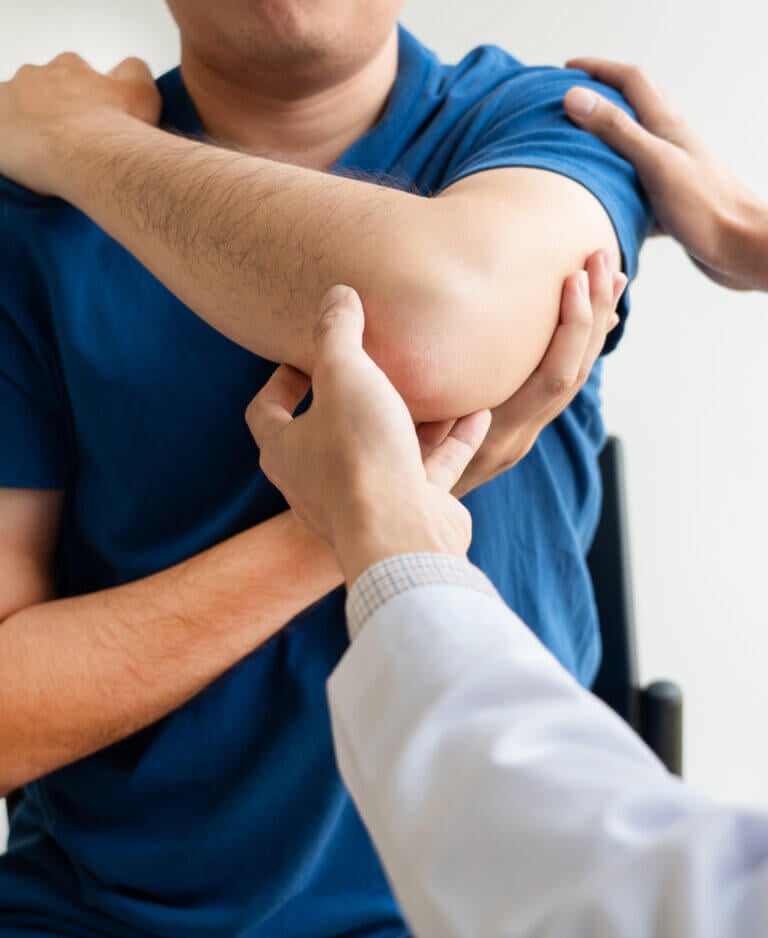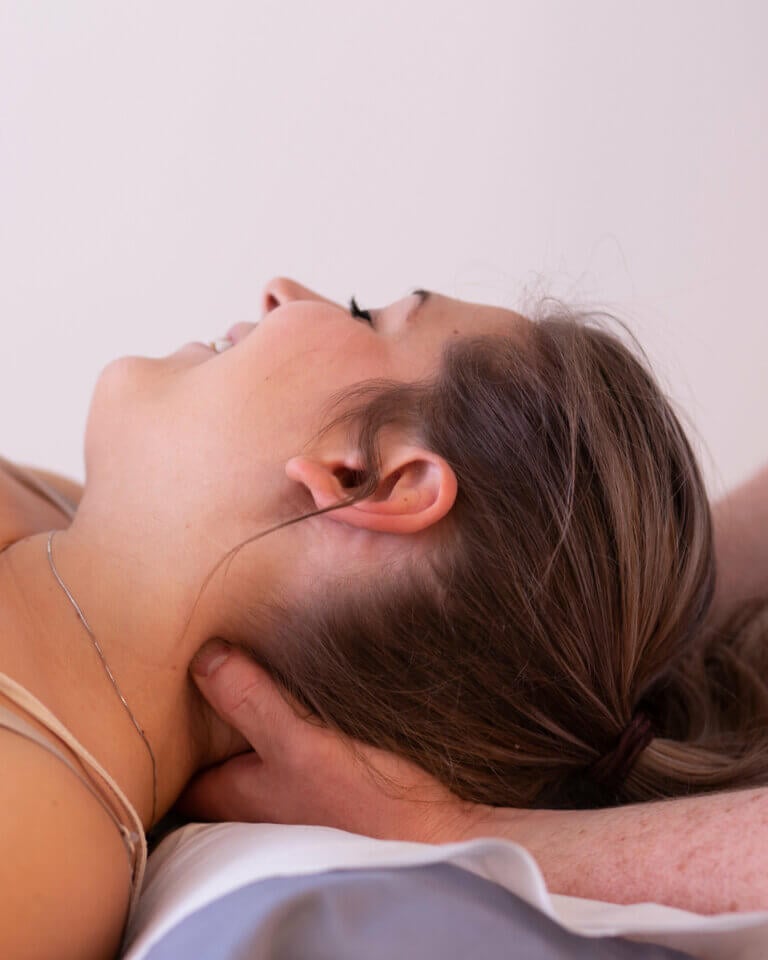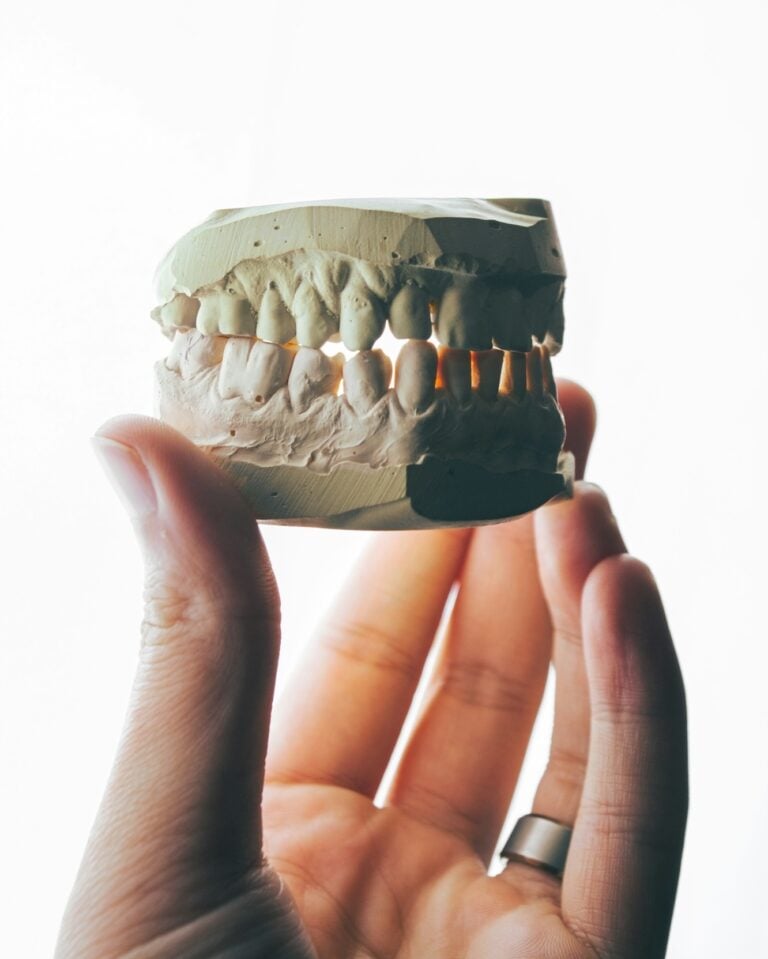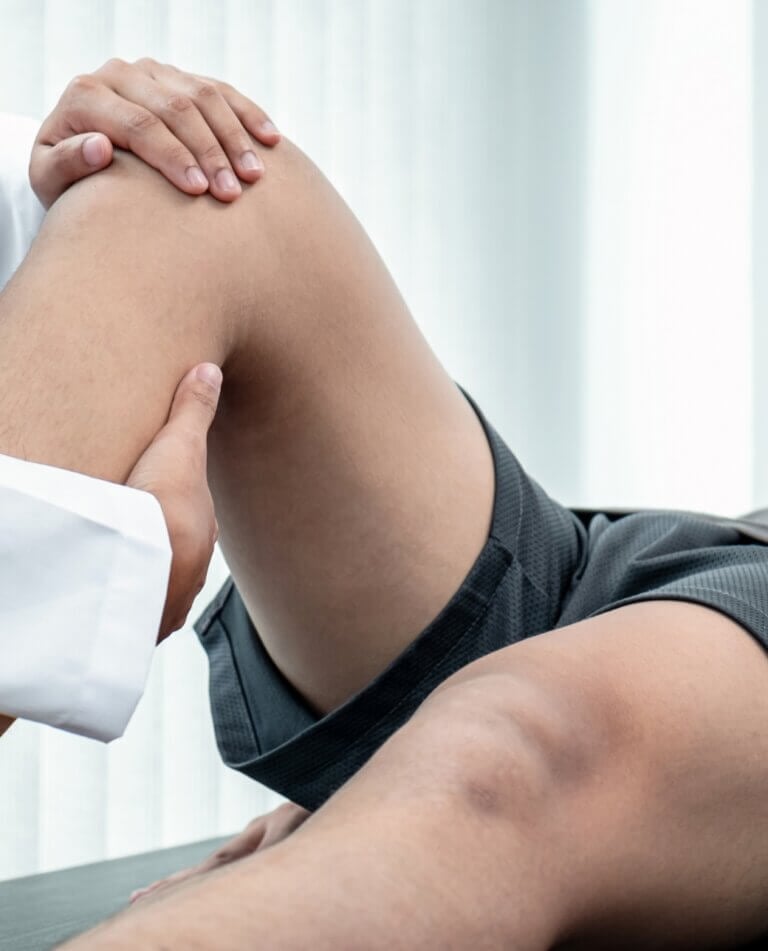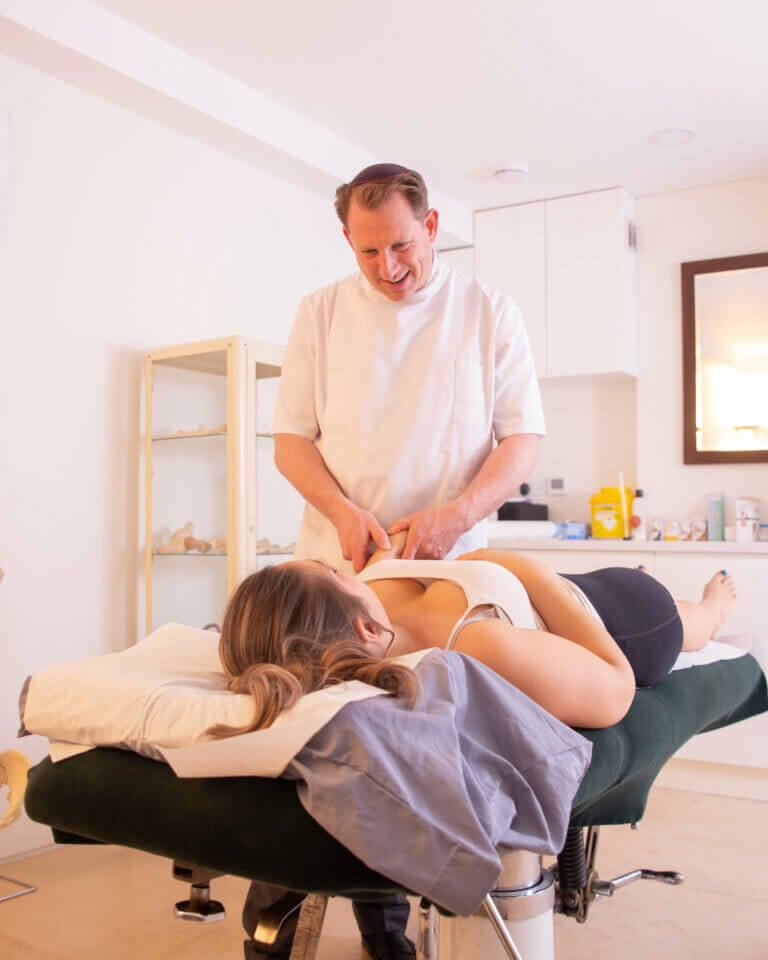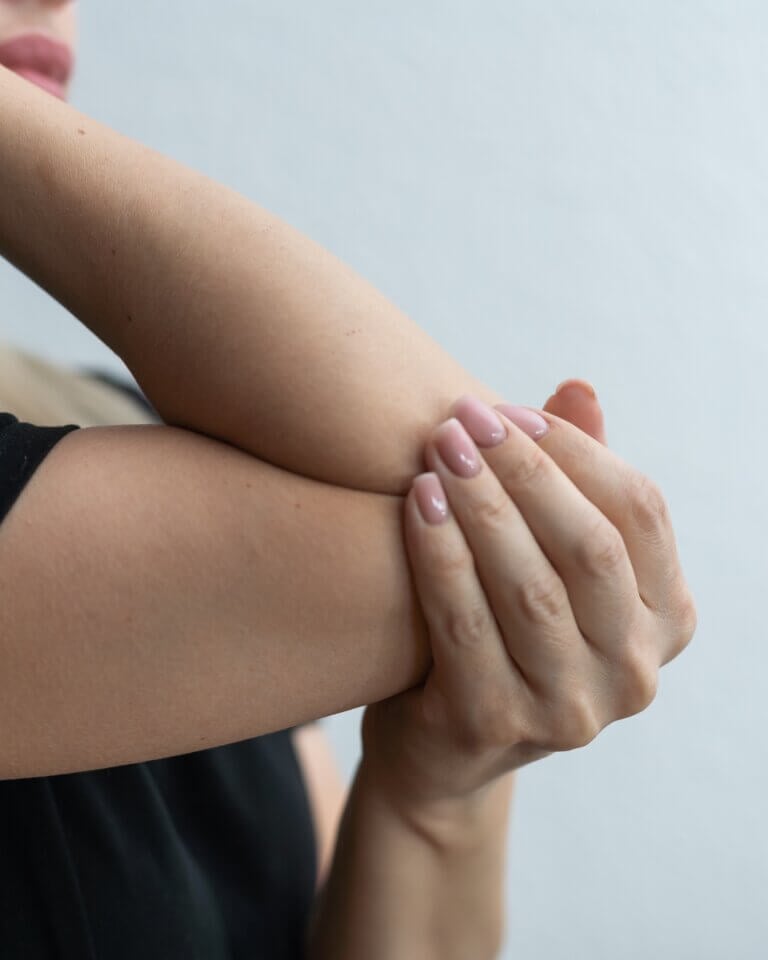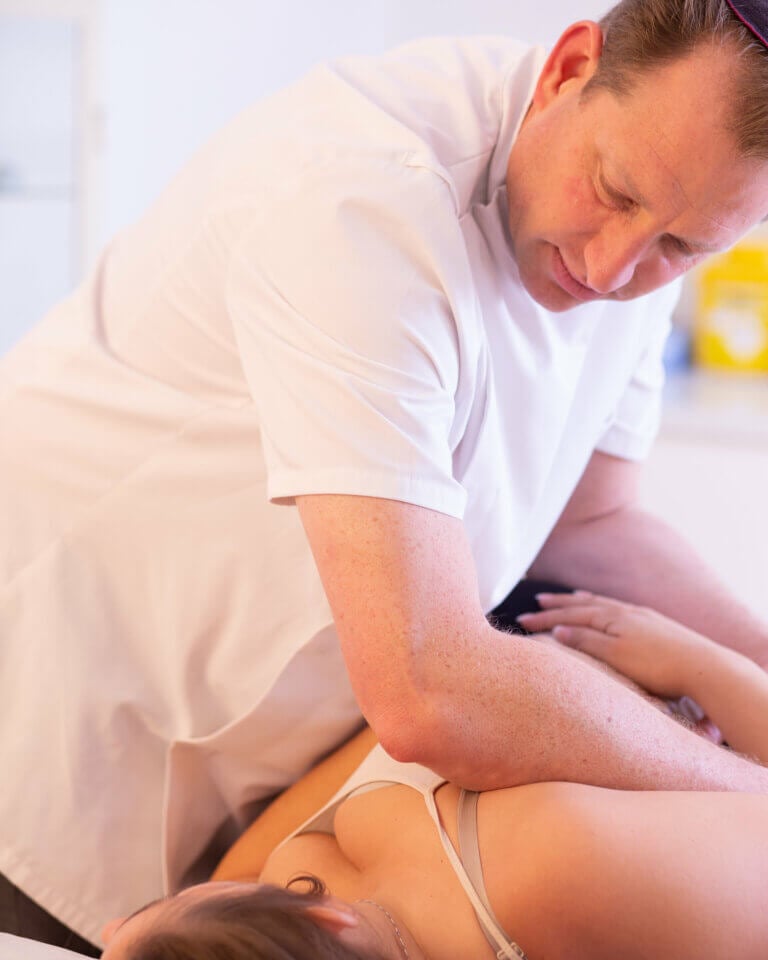I am often asked why I changed from the rabbinate to osteopathy. I normally give the (true) answer that it is essentially the same type of helping/healing vocation and that the swap is a natural one. I was, however, recently asked (when a patient ‘perceived’ that I was able to innately ‘understand’ her body’s function) whether I was guided by a ‘higher force’! I am asked sometimes by patients whether being religious plays a role in my ‘healing’ – a word that makes me uncomfortable as it denotes something more than I believe I do.
This question made me balk but raised an interesting thought. Is there any space for spirituality in healing or, indeed, can there be real healing without spirituality?
In order to understand my view, it is necessary to understand the traditional role of a rabbi and, therefore, my role as an osteopath. A rabbi is not a spiritual guide or a holy man, though he can be – but then he can also be a charlatan! A rabbi’s task is a legal and educational one. In order to ‘qualify’ as a rabbi, one needs to be well versed in the laws that govern his religion: the dietary laws, the laws of the sabbath, of mourning and of ‘family purity’. He needs to to be well versed in a myriad of texts and be able to navigate complex tracts. There is no stipulation that he needs to be a good communicator, empathetic and caring or indeed a spiritual person. It is, however, taken for granted that he is one. But he is never examined on this. In truth, as his life unfolds, if he does not possess these traits innately, he will fail in his vocation as his flock will not follow. The successful one will possess and strive for all.
I believe that the same holds true of an osteopath. The education is anatomical and physiological and technical. One NEEDS to be able to understand the mechanics and workings of the body. He has to be an excellent technician and body mechanic. His/her aim is to restore health and order to the body. That is the primary focus. But a mechanic fixes cars or engines. Is it enough to be a mechanic and view the body as a well-oiled or rusty machine? After all, we are dealing with people and people have souls, do they not?! One body working with another body, not just some-body! Touch is physical but response to touch is not.
Do I feel that God guides my hand and imbibes my treatment. To answer this, I have to take a short tangent…
A.T. Still, the father of osteopathy did believe this. He was a Christian and seemingly an evangelical one at that. The word ‘God’ permeates his writings. The difference between Judaism and Christianity from this point is quite polar. There is no evangelical in Judaism. There is no outward pursuit of bringing Him ‘into our world’ or others. Rather, it sees its task as the desire to better the world that He gave us, constantly recognising that we have a task to improve it by our relationship with our fellow man and with Him. And therein lies the difference: We can get to God through our relationship with our fellow man but we do not get to our fellow man through God (after a fashion!). We are told in every faith to love our fellow man. This is key to all faith. We have a personal relationship with God which mostly stays that way – personal. But our relationship with our fellow man is universal and we must strive for it to be universally good. So, the outcome of helping your fellow man is two-fold: 1.Obviously you help him/her. 2. By doing so, there is a chain of events that somehow makes the world a better place and your own place in it. God presumably likes this.
So, do I bring God into the treatment room? No. Do I feel that He guides my hand? I don’t know and don’t care to think about it too much. That would be obnoxious and reveal a personal relationship which does not exist on that level for me. I certainly don’t deny it but how would I know either way? Do I believe that my helping others makes them and the world that we share a better place? I hope so. It certainly makes me feel better if I help someone!
The treatment to health has to be technologically sound. The primary hope is that you will fix someone or at least, enable the body to find a point around which to heal itself. All else is commentary and bonus. If you cant move from pain and half an hour later you can – the treatment worked. That should be enough. But an osteopath with the sincere desire for your health who possesses empathy and a desire for a bigger picture of healing (at least in the farthest corners of his mind) has to be the ideal.
